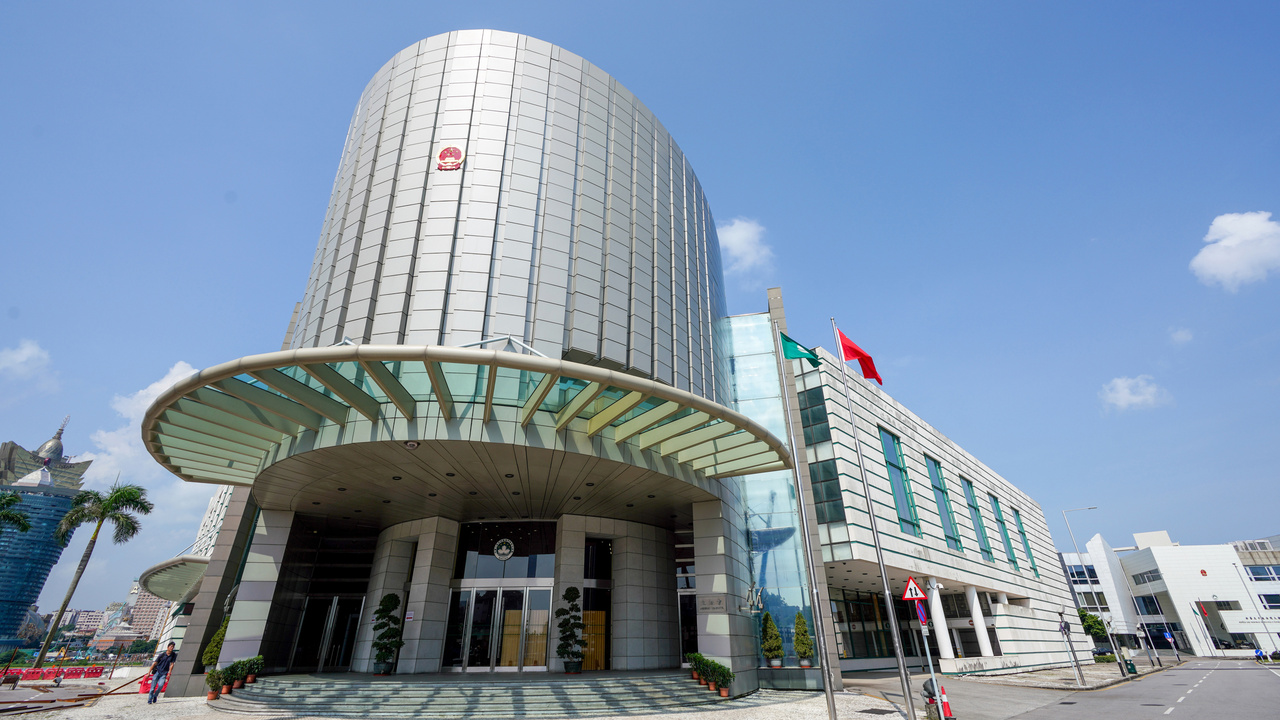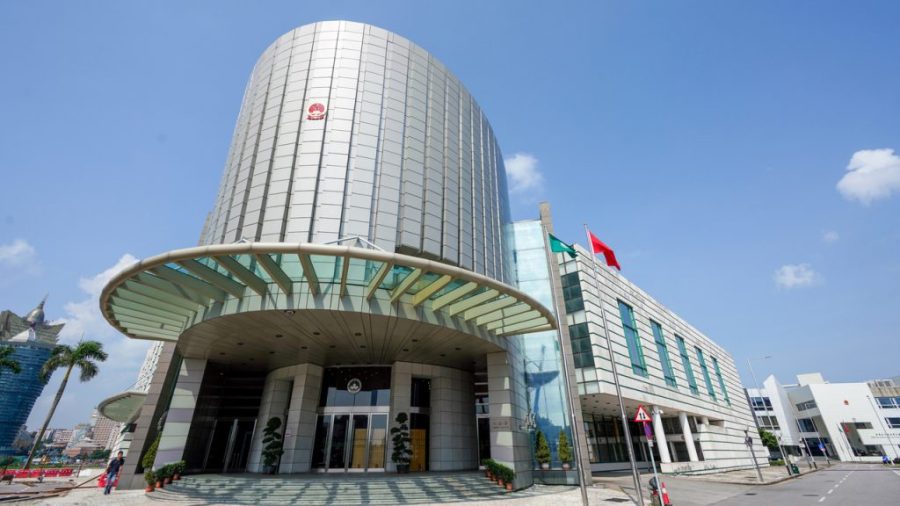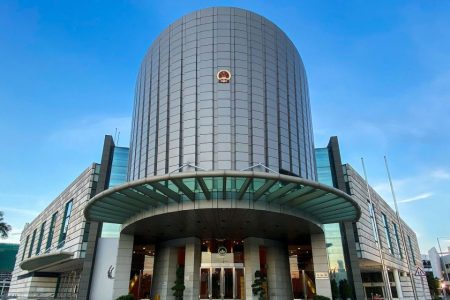The Legislative Assembly (AL) yesterday rejected all nine debate motions separately proposed by seven lawmakers.
Unlike bills which require over half of the legislature’s members to vote in favour to be passed, a debate motion can be passed by a majority vote.
The 33-member legislature comprises 14 directly-elected seats, 12 indirectly-elected seats and seven government-appointed seats. While 14 lawmakers are elected by universal suffrage, 12 are elected by association representatives. The remainder are appointed by the chief executive shortly after the direct and indirect elections.
If a debate motion is passed by lawmakers during a plenary session, the legislature will then request government officials to attend another plenary session in the near future for a formal and public debate between the officials and legislators on the matter. Yesterday’s rejection of all nine debate motions means that the legislature will not schedule plenary sessions for debates for any of the nine debate motions.
Among the seven lawmakers who proposed the nine debate motions, directly-elected legislators José Maria Pereira Coutinho and Agnes Lam Iok Fong each proposed two motions, The Macau Post Daily reported.
Among the nine debate motions, four motions proposed by directly-elected lawmakers Sulu Sou Ka Hou, Ella Lei Cheng I, Becky Song Pek Kei and Agnes Lam respectively were about whether the government should roll out a new round of financial support measures for residents due to the severe impact of the Covid-19 pandemic on their livelihoods.
Three of the nine debate motions, which were proposed by directly-elected legislators Agnes Lam, Coutinho and Leong Sun Iok, involved the hiring of non-resident workers (NRWs).
The other two debate motions, which were proposed by directly-elected lawmakers Coutinho and Mak Soi Kun respectively, were about public projects and water leakage affecting residential buildings respectively.
Three non-establishment lawmakers, Au Kam San, Coutinho and Sulu Sou, deplored that their peers rejected the motions which were about residents’ livelihoods and daily life issues.
Au accused his peer lawmakers who rejected the debate motions of dereliction of duty, saying that he did not understand why they chose not to express their views on matters involving public interest to government officials through the legislature’s debate sessions. “Why [the lawmakers] give up the good chance for government officials to listen to our views [through debate sessions]? Does it mean we [the lawmakers] give up our duty? Are we still qualified as lawmakers?” Au asked rhetorically.
Coutinho described the rejection of all the nine debate motions as a “historic moment”, asking rhetorically why those lawmakers chose to reject the nine motions which all involved residents’ livelihoods and daily life issues. He pointed out that even Mak’s motion which was specifically about people’s daily life was also rejected, wondering whether the legislature was merely a “rubber stamp”.
“We will need to ask experts and scholars to study why all nine debate motions were rejected,” Coutinho said, questioning why his fellow lawmakers chose not to call for debate motions with government officials even for livelihood and daily life matters.
Sulu Sou said sarcastically that the legislature was “absolutely not a rubber stamp”, adding that instead it “effectively rejected motions proposed by lawmakers, and it is an institution which only passes government-initiated bills”.






